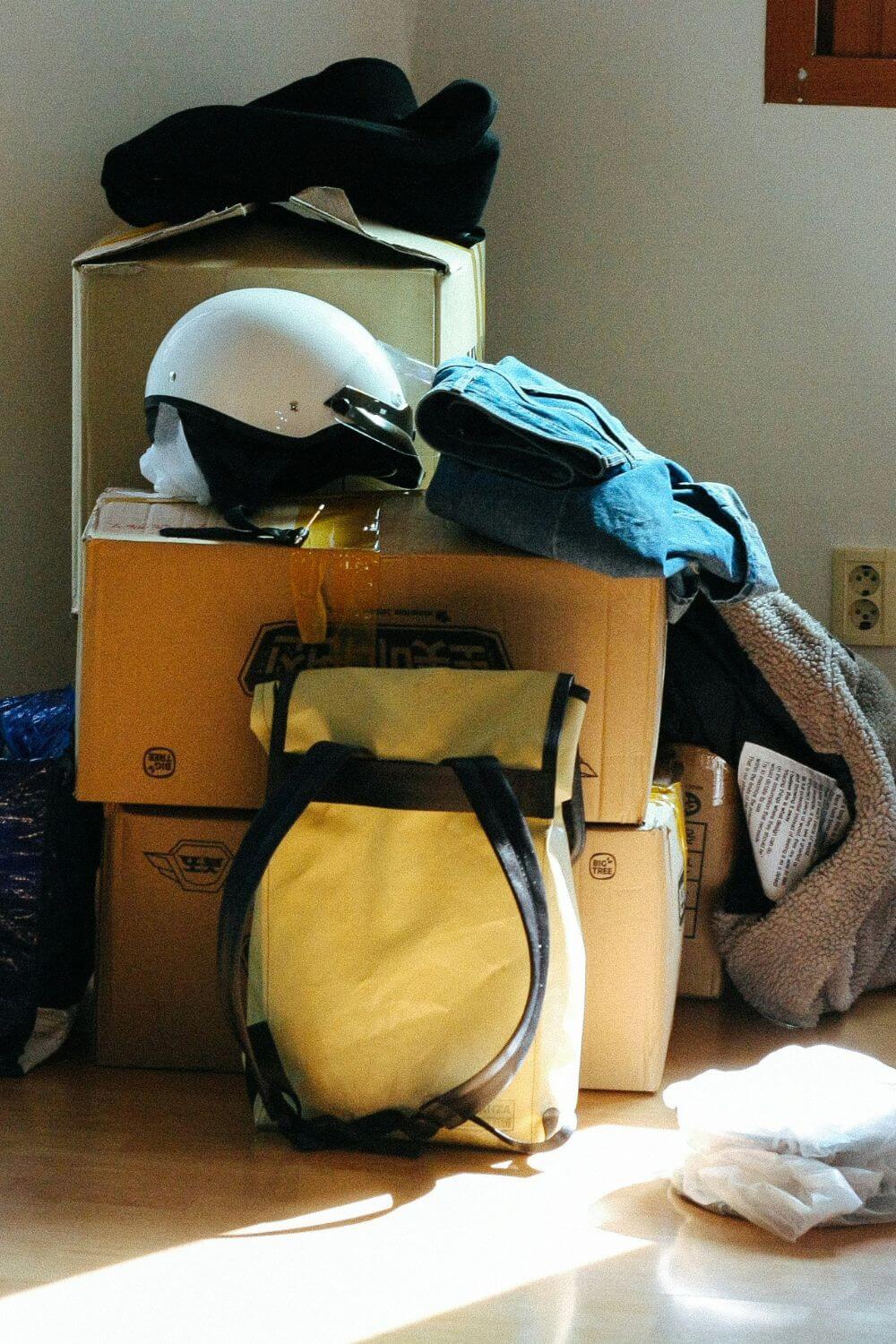Affiliate Disclaimer: The editors at Sleepy Globetrotter handpick all recommendations. If you make a purchase or book a hotel through our affiliate links, we may earn an affiliate commission at no additional cost to you.
Backpacking is all about adventure, freedom, and living on your own terms, but we all know it can quickly go sideways if you’re not careful.
Maybe you overpacked, forgot to break in your new gear, or ran out of water halfway up a mountain. Sound familiar?
🗓️ Whether you like to book hotels and flights months in advance or at the last minute, Expedia is a great place to explore your options. You can compare prices on hotels, flights, cars, bundles, and cruises all in one spot. Give it a look and start planning your next trip! See what’s available on Expedia >>
These common mistakes can turn your dream backpacking experience into a series of frustrating missteps.
But fear not, with a little preparation and awareness, you can avoid the most common rookie errors.
Let’s dive into the 8 backpacking mistakes that beginners often make.
1. Overpacking your bag
It’s tempting to pack everything “just in case”—after all, what if it rains or you need extra snacks? But overpacking will quickly weigh you down, both physically and mentally.
The reality is, you probably won’t need half of what you think you will. A backpack full of gadgets, extra shoes, and unnecessary items will only add stress and discomfort to your trip. Stick to the essentials: lightweight gear, versatile clothing, and just enough food and water to get you through the day. Less really is more when it comes to backpacking.
2. Ignoring your footwear
The wrong shoes can ruin an otherwise perfect hike. While those shiny new boots might look great on the shelf, if they’re not broken in or suited for the terrain, you’re in for some serious discomfort.
Blisters, sore feet, and general misery are what you get when you don’t give your footwear the attention it deserves. Before you hit the trail, make sure your shoes are worn-in and appropriate for the environment. Comfortable, reliable footwear is your best friend on the trail, so don’t skimp on quality.
3. Not learning the basics of navigation
Relying on your phone’s GPS is fine until you lose service in the middle of the wilderness. Beginners often overlook the importance of map-reading and basic navigation skills. While getting a bit lost can be part of the fun, getting completely disoriented can be stressful.
Learn how to read a map, use a compass, and download offline maps to make sure you’re always on the right track. You’ll feel much more confident when you can navigate your way without panicking.
4. Underestimating your water needs
We’ve all thought, “I can go another hour without a drink,” only to be hit by a wave of thirst that makes the entire landscape feel like a desert. It’s easy to underestimate how much water you need while backpacking, especially when you’re distracted by the scenery or the hike itself. Dehydration can sneak up on you and leave you feeling drained.
Pack enough water, hydrate regularly, and consider carrying a water filter or purification tablets if you’re heading into more remote areas. Staying hydrated is key to making it through your hike with energy and good health.
5. Skipping the research on weather conditions
The weather can change on a dime, especially in mountainous or unpredictable regions. If you’re not prepared for sudden storms, extreme temperatures, or changing weather patterns, you could find yourself in a tough spot. Relying on a forecast from the day before isn’t enough.
Always double-check the weather before your hike and plan accordingly. Be prepared for unexpected weather shifts, whether that means packing a rain jacket, layering up, or bringing extra sunscreen. Being prepared makes your trip more enjoyable and keeps you safe.
6. Not breaking in your gear
It’s easy to get excited about new gear and want to use it right away, but heading out on a backpacking trip with brand-new gear can lead to frustrating mistakes. New tents, backpacks, sleeping bags, or anything else need to be broken in before they can really perform.
Picture this: it’s pouring rain, and you realize you have no idea how to set up your tent. Or worse, your new sleeping bag doesn’t zip up properly. Test all of your gear beforehand and make sure it’s comfortable and functional to avoid surprises in the wild.
7. Overestimating your endurance
It’s easy to get caught up in the excitement of a new adventure, but overestimating your endurance can lead to exhaustion and injury. Beginners often try to push themselves too hard on their first backpacking trips, which can lead to unnecessary fatigue or worse—an injury.
Start with shorter, more manageable hikes and gradually build up your stamina. Be realistic about how much you can handle. You’ll enjoy the experience much more if you pace yourself and take breaks as needed.
8. Forgetting to pack a first-aid kit
A first-aid kit might not be the most exciting thing to pack, but it’s one of the most practical. Accidents, whether big or small, happen when you least expect them. Forgetting a basic first-aid kit means that a small injury could become much worse in the wilderness.
Include essentials like band-aids, antiseptic wipes, blister treatment, and pain relievers. It’s better to have it and not need it than to find yourself with a scrape and nothing to treat it with.
Final Words
Backpacking can be one of the most rewarding and exciting experiences of your life.
But avoiding these common mistakes will help you get the most out of your adventure, without unnecessary stress or frustration. With a little preparation and awareness, you’ll be ready to explore the great outdoors, one step at a time.
